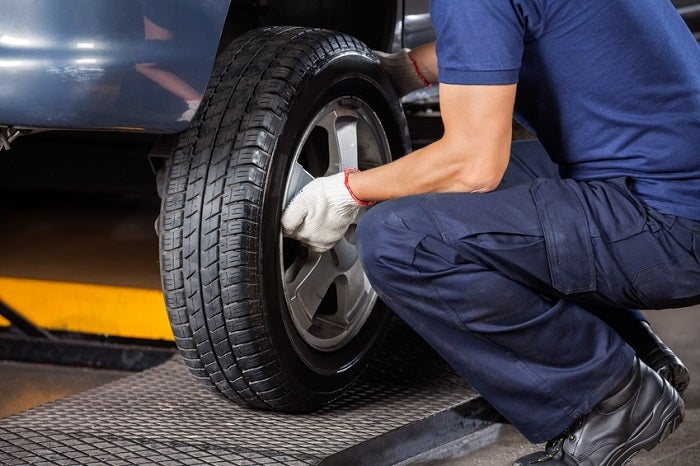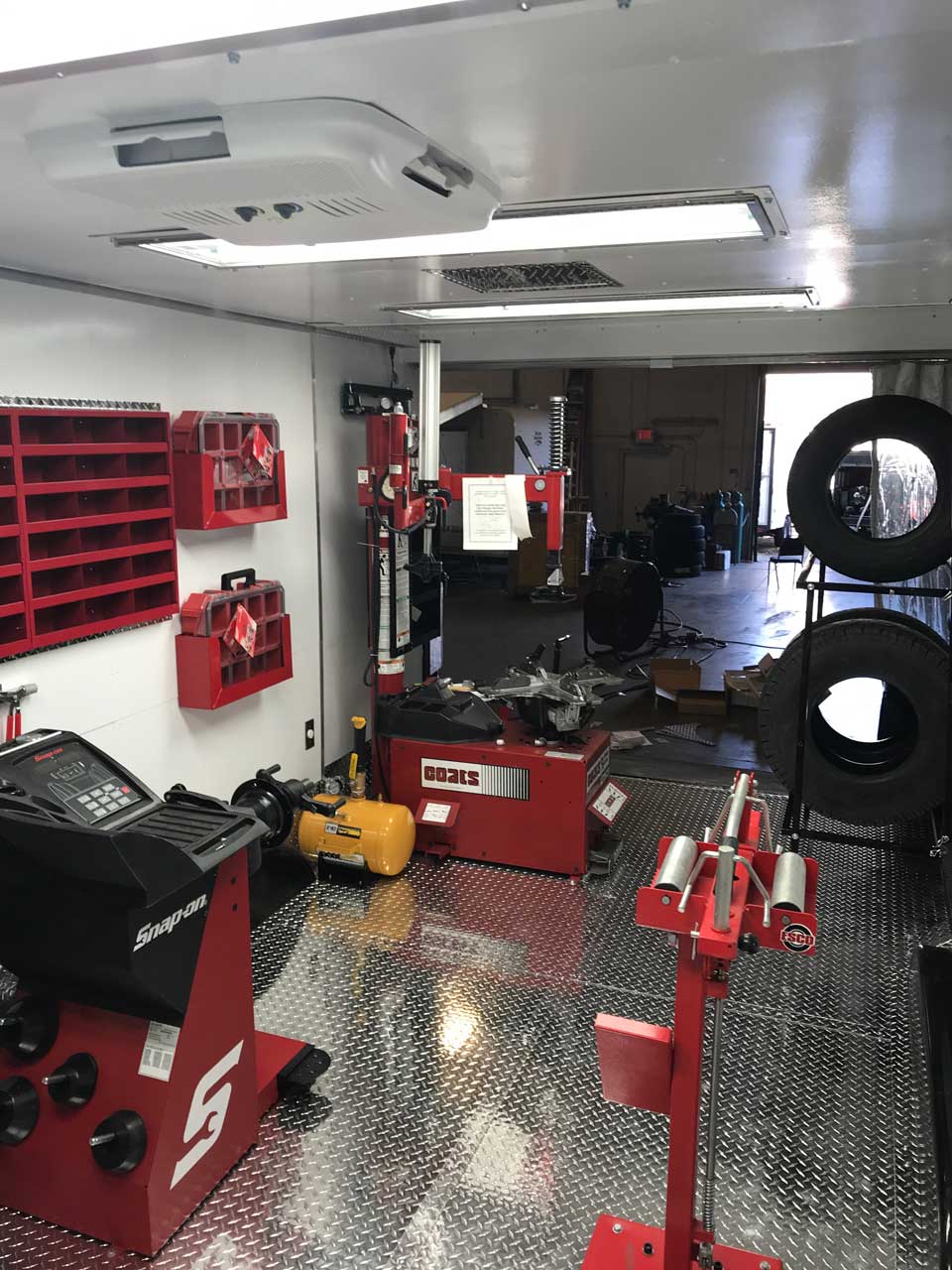Morris Tires: Your Location for GMC Tires Service Quality
Morris Tires: Your Location for GMC Tires Service Quality
Blog Article
Tire Solution: The Influence of Climate Condition
When it pertains to guaranteeing optimal performance and safety and security when traveling, understanding the effect of weather on tire service is critical. From scorching heat to icy roads, each climate element can considerably influence tire functionality and overall driving experience. By delving into the impacts of differing weather on tires, chauffeurs can acquire important understandings that might boost their car's performance and longevity. In this discussion, we will check out the complex connection in between weather and tire solution, shedding light on the value of weather-specific tire upkeep methods and factors to consider.
Heat and Tire Efficiency
When exposed to high temperature levels, tires experience adjustments in efficiency that can considerably impact car security and handling. The warmth generated from long term driving or warm weather problems causes the tire rubber to soften, leading to minimized walk life and raised wear.

Winter Effects
Winter conditions can have a substantial effect on tire performance and security. As temperature levels decrease, tire rubber can solidify, causing decreased grip on icy or snow-covered roadways. In winter, tires may additionally shed air pressure much more rapidly, which can influence handling and fuel effectiveness. Additionally, cool temperatures can trigger tire sidewalls to stiffen, boosting the danger of damage from pits or various other roadway threats.
To alleviate the results of winter on tires, it is important to regularly check tire pressure and inflate them to the producer's advised degrees. Using wintertime or all-season tires created for winter conditions can also boost traction and grip on icy or snowy roads. Proper tire maintenance, including regular evaluations for wear and damage, ends up being much more crucial throughout cooler months to make certain ideal efficiency and safety and security.
Rainy Conditions Influence
Tires with worn-out treads are a lot more vulnerable to hydroplaning, where a layer of water builds up in between the roadway and the tire surface, leading to loss of grip. To fight this, chauffeurs must routinely check their tires for ample walk depth and take into consideration investing in tires specifically created for wet conditions.
Additionally, wet weather can likewise reduce exposure, making it testing for drivers to see the road ahead plainly (GMC Tire Service). In such conditions, it is necessary to change driving rates appropriately and maintain a secure complying with range to enable abrupt stops. Correctly filled with air tires can also aid in preserving control on damp roads by supplying better handling and hold
Snow and Tire Safety
When driving in snowy problems, having the right tires can make a substantial distinction in security and efficiency. Winter months tires are made with special rubber compounds and walk patterns to provide better grip on snow and ice contrasted to all-season tires.

It is essential to comply with manufacturer guidelines when setting up and utilizing tire chains to prevent damages to the tires and lorry. By Recommended Site selecting the appropriate tires, keeping correct rising cost of living, and thinking about additional grip aids like tire chains, vehicle drivers can enhance their safety and security when navigating snow-covered roads.
Weather-Related Tire Maintenance
When faced with numerous weather, correct tire upkeep comes to be an important facet of lorry security and efficiency. Weather-related tire upkeep includes a variety of methods focused on ensuring optimum tire feature and long life in various weather condition situations. One key element of weather-related tire maintenance is tire stress regulation. Rising and fall temperatures can cause tire pressure to differ, impacting grip and fuel effectiveness. Frequently inspecting and adjusting tire stress according to manufacturer referrals is necessary for secure driving in changing climate condition. Furthermore, tire walk depth plays a substantial function in managing different weather condition aspects. Tires with appropriate tread deepness supply much better grasp on wet or icy roads, decreasing the risk of hydroplaning or skidding. Evaluating tire tread frequently and changing tires when step wear reaches a particular deepness websites is important for preserving traction and stability in negative weather. By focusing on weather-related tire upkeep, drivers can improve safety, boost lorry performance, and lengthen the life-span of their tires.
Final Thought
In final thought, weather condition problems have a substantial influence on tire performance and safety. From warmth impacting tire pressure and wear to winter reducing grip, it is important to take into consideration the weather condition when preserving and using tires. Stormy problems can lower hold and lead to hydroplaning, while snow can boost the risk of crashes if tires are not properly outfitted. Weather-related tire maintenance is vital in making sure ideal efficiency and safety when driving.
In this conversation, we will certainly discover the intricate connection between weather problems and tire solution, dropping light on the relevance of weather-specific tire maintenance practices and click here to read factors to consider.

Report this page